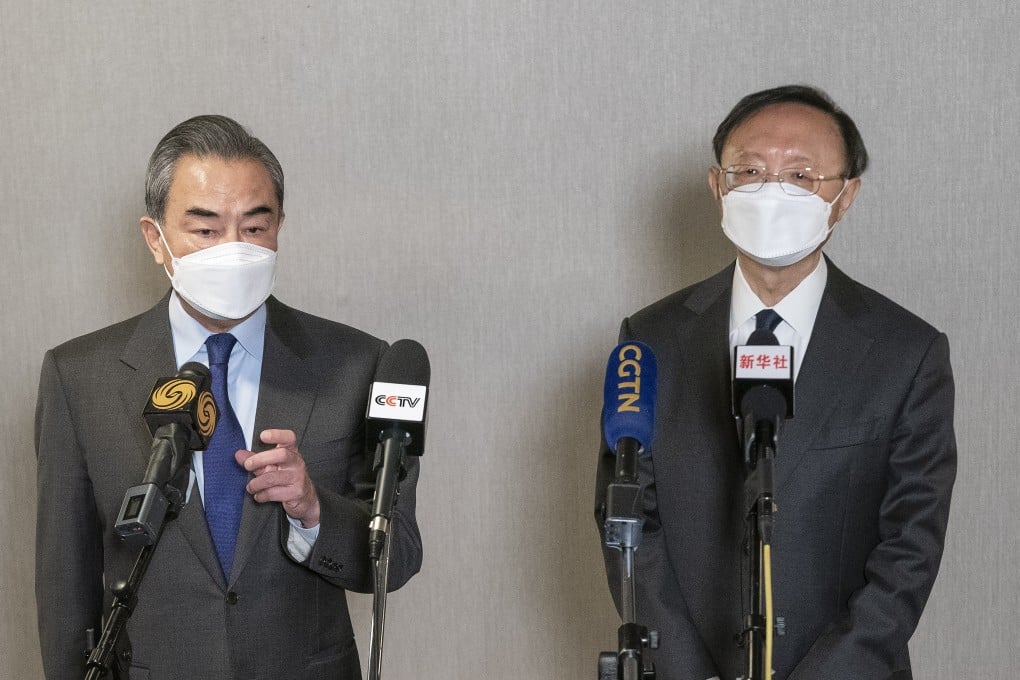Opinion | Alaska summit: how China’s victim strategy will play out in its relations with the US
- The narrative has served China well in gaining benefits from other countries, but appears increasingly untenable as Beijing seeks to be treated as an equal by the US
- The Biden administration is not naive when it comes to China and is prepared to respond to its challenges with realism rather than idealism

The narrative of victimhood has served China well in its diplomatic strategies to gain benefits from other countries, as well as Beijing’s justification for conditional acceptance and selective modification of the existing rules-based order.
The strategy is increasingly untenable, however, as Beijing seeks to be treated as an equal by the United States and first among equals in the Asia-Pacific. This paradox of seeking great power status while challenging previously agreed rules indicates that some in Beijing feel the victimhood approach is too effective to give up.
Embracing the existing order and joining it as an equal to the US means accepting reciprocity and giving up the normative exemptions and rules-based exceptions on which China has thrived.

